Rising stars Lin Al Atik, Abraham Atte, and Manmeet “Shabri” Pelia accepted into the prestigious program’s 2025 class.
Daniel Guggenheim School of Aerospace Engineering (AE) graduate students Lin Al Atik and Abraham Atte, and alumna Manmeet “Shabri” Pelia, (MSAE 2024) have been selected to Aviation Week Network’s 20 Twenties. The prestigious program highlights rising industry stars for their many achievements in aviation.
The Georgia Tech recipients will join fellow honorees to formally receive their awards on March 6 at the Aviation Week Network’s 67th Annual Laureate Awards and Dinner at the National Building Museum in Washington, D.C.
Since its launch in 2013, the program has awarded 18 AE students and alumni to its exceptional cohort of STEM students and future aviation leaders.
Lin Al Atik
Al Atik is currently pursuing a dual master’s degree in aerospace engineering from Georgia Tech and Institut Supérieur de l'Aéronautique et de l'Espace in France. She earned her bachelor’s degree in physics and mechanical engineering from Sorbonne University in May 2021.
Proudly from Lebanon, her upbringing instilled a strong sense of adaptability and resourcefulness, something you can’t have too much of as an engineer.
At Tech, her research in the Aerospace Systems Design Lab (ASDL) focuses on supply chain optimization in aerospace, collaborating with Boeing and International Affairs at Georgia Tech, and advanced system design with Airbus. She develops data-driven frameworks to enhance the resiliency of aerospace supply chains and create decision-making dashboards for stakeholders. Additionally, she works on system design space exploration for next-generation aircraft, developing dynamic dashboards to optimize designs.
“I love how my research combines technical depth with real-world applications. Optimizing supply chains directly supports the resilience of critical global operations, while system design research contributes to creating safer, more efficient, and sustainable aircraft,” Atik said. “The interdisciplinary nature of these projects and their tangible impact on the aerospace industry motivate me every day.”
After graduation in May 2025, she plans on continuing her work in supply chain optimization within the aerospace industry, applying her skills and her degree to address complex challenges and drive efficiency in critical systems.
Beyond that, she plans on pursuing her Ph.D. to continue her research and advancing innovative solutions to make a lasting impact.
(text and background only visible when logged in)
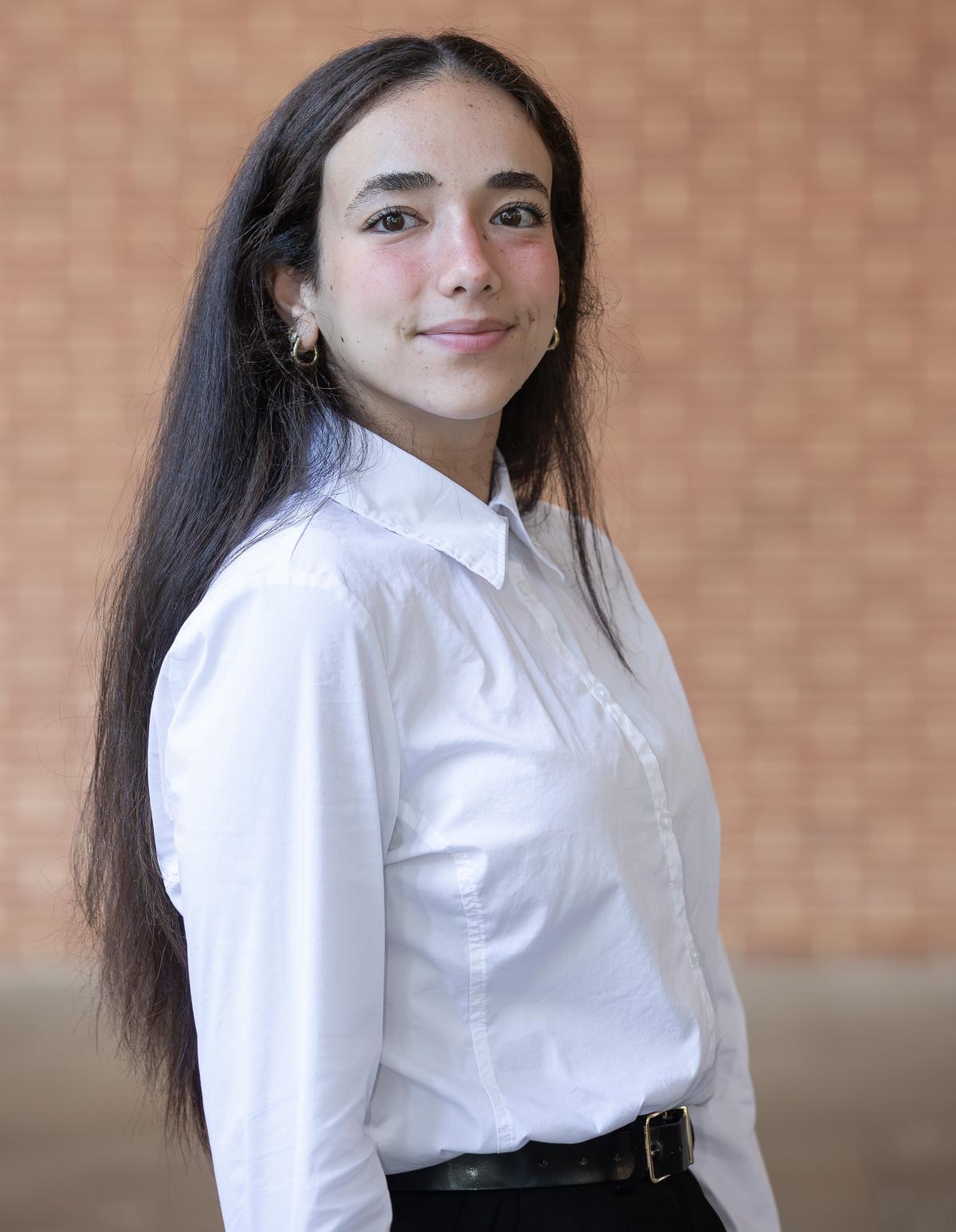
Lin Al Atik
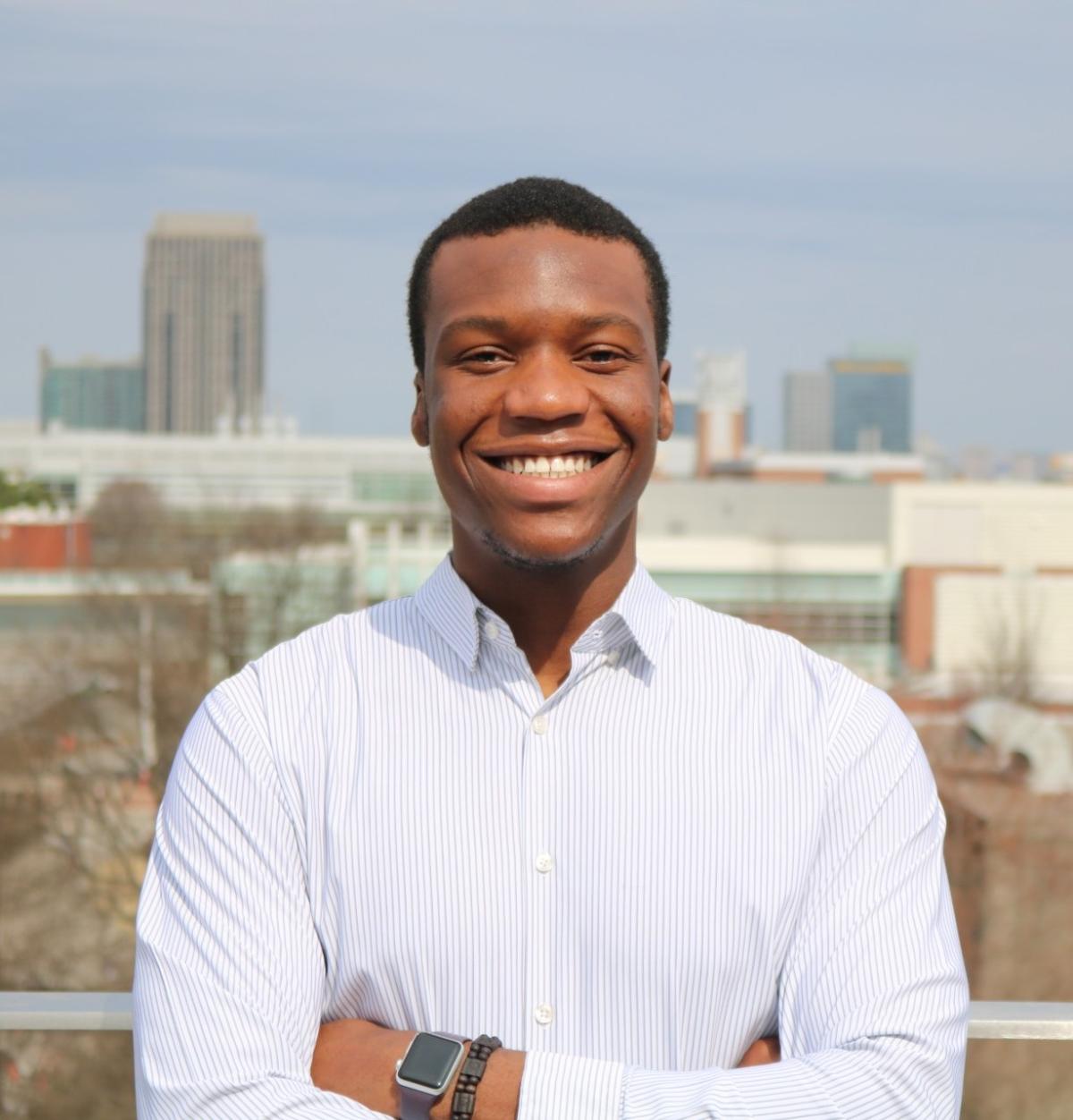
Abraham Atte
Abraham Atte
Atte, MSAE 2022, is a fifth-year AE doctoral student. He previously earned his bachelor’s degree in aerospace engineering from the University of Kansas in 2020.
The Nigerian native grew up close to an airport and his admiration for airplanes flying inspired him to become a pilot. As he grew older, he realized he wanted to do more than fly the planes; he wanted to work with them and engage with them, so he switched his focus to aerospace engineering. That switch led him to leave his home country and pursue his studies in the United States.
He chose Georgia Tech as his destination for graduate studies after researching the AE’s graduate program and discovering the Computational and Experimental Rotorcraft Engineering and Aerodynamics Lab’s (CEREAL), led by Professor Juergen Rauleder, matched his interests.
His research focuses on multirotor aerodynamic interactions of aircraft, primarily drones. One of the biggest goals of his research is to better understand and test what aerodynamic interactions are present to better inform aerodynamic design and improve vehicle performance. This could impact vehicle maneuverability and improve controller design, which is needed for complex defense, search and rescue missions, and disaster relief missions.
“My favorite aspect of my research is interpreting the data collected during experiments to uncover the underlying story and identify the physical reasons behind the observed results,” he said. “It's particularly interesting when the data challenges conventional knowledge or preconceived assumptions, providing an opportunity to contribute to the creation of new knowledge.”
After earning his Ph.D., he plans to remain in academia to continue his research and educate the next generation of engineers.
Manmeet “Shabri” Pelia
Second Lieutenant Pelia is a pilot trainee in the United States Air Force (USAF) and a recent AE graduate. Before pursuing her studies at Georgia Tech, she earned her bachelor’s degree in electrical and computer engineering from the United States Air Force Academy (USAFA)
As a Tech student, she conducted research in ASDL, under the direction of Professor Dimitri Mavris, with a primary focus on two ASDL grand challenges. The Office of Naval Research and Australian Defense, Science, and Technology Group sponsored one of her research areas, which included developing an interactive and parametric approach to defense acquisition and science technology investment decision-making under the context of humanitarian aid and disaster relief operations.
Pelia and her team created a tabletop exercise to discuss their roles and responses during emergency scenarios to help prepare for hypothetical situations in a collaborative and stress-free environment. This activity helped them identify capability gaps in current operations, evaluate procurement and science and technology (S&T) investment alternatives, and de-risk decision-making by incorporating input from subject matter experts.
Today, only dedicated teams with simulation capabilities run similar games, but her team worked on democratizing the capability to all decision-making entities.
“This research is a testament that aerospace engineering principles expand beyond aviation to solve problems across all fields. ASDL is revolutionizing complex decision-making through the development of a methodology that can be adapted to any problem,” she said. “It's exciting to be a part of the academic/wargaming movement that is going beyond analog exercises and rolling die.”
(text and background only visible when logged in)
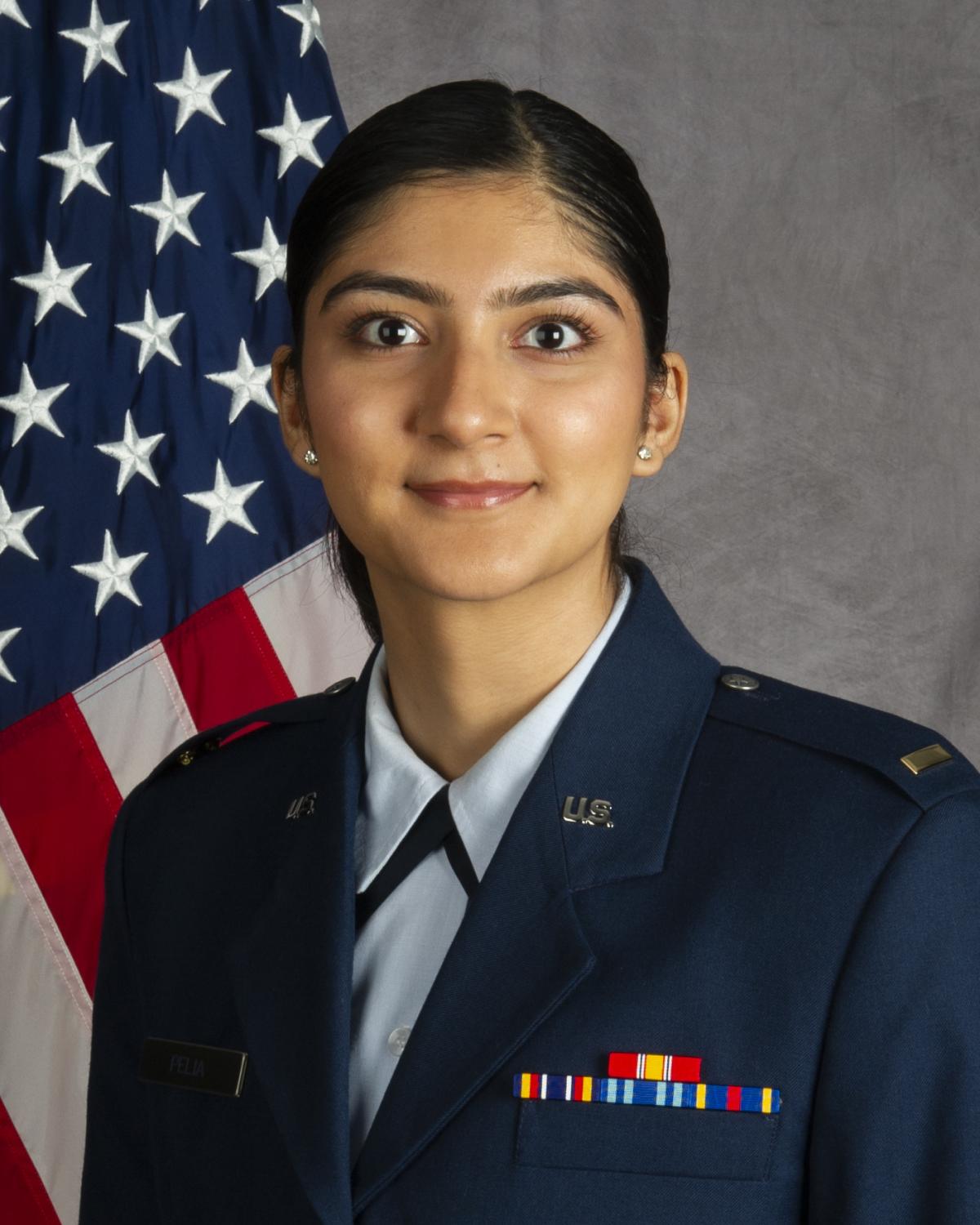
Manmeet “Shabri” Pelia
Previous AE School Aviation Week Network Awardees: Mallika Misra (2024), Jesudunsin Awodele (2022), Emily Herrmann (2022), Margaret Kilpatrick (2022), Joshua Ingersoll (BSAE 2018) (2022), Oscar Klempay (2021), Rikhi Roy (2021), Vaibhav Kumar (2019), Frank Kozel (2019), Nicholas A. Branch (2018), Kenneth Wayne Smith, Jr. (2018), Braven C Leung (2017), Imon Chakraborty (2016), Nicholas Picon (2014), Kip Hart (2014).
Related News
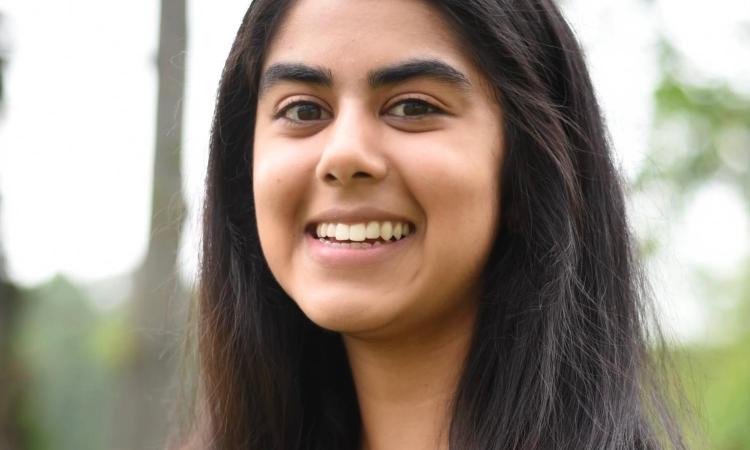
Aerospace Engineering Student Awarded Aviation Week Network’s 20 Twenties
Mallika Misra, a student in the Daniel Guggenheim School of Aerospace Engineering, is among the talented students named to the 2024 Aviation Week Network’s 20 Twenties class.
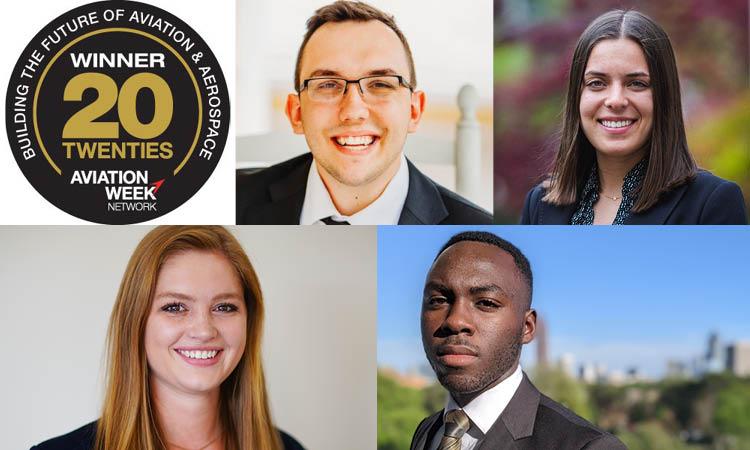
Aerospace Engineering Students and Alumnus Named Part of the Aviation Week Network’s 20 Twenties
Daniel Guggenheim School of Aerospace Engineering students Jesudunsin Awodele, Emily Herrmann, Margaret Kilpatrick and alumnus Joshua Ingersoll (BSAE 2018, MSAE 2019) have been selected for the 2022 Aviation Week Network’s 20 Twenties program.